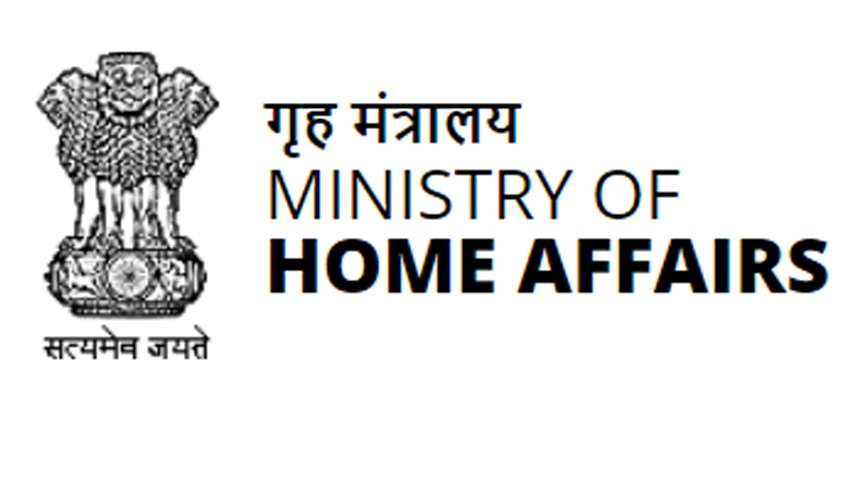Details circulated among all Admn Secys, Div Coms, DCs
Mohinder Verma
JAMMU, Dec 27: Union Ministry of Home Affairs has directed the Government of Union Territory of Jammu and Kashmir to promote Electric Vehicle Financing Scheme among Government employees in order to control the emerging pollution level.
Official sources told EXCELSIOR that Department of Jammu and Kashmir and Ladakh Affairs in the Union Ministry of Home Affairs recently sent a communication to Chief Secretary Dr Arun Kumar Mehta regarding promotion of Electric Vehicle Financing Scheme among the Government employees.
“It has been decided in the meeting of the Prime Minister Narendra Modi with Ministers and Cabinet Secretaries to provide benefits to Government employees of the electric vehicle. Electric Car Financing Scheme with zero down-payment and interest rate under collaboration with the State Bank of India (SBI) and US Electric Car Manufacturers is being offered to eligible employees. Registration for the same has already started”, read the communication addressed to the Chief Secretary of J&K Union Territory.
Even all the details of the Electric Car Financing Scheme have been shared with the J&K Government, which has further forwarded the same to all the Administrative Secretaries, Divisional Commissioners of Kashmir and Jammu, all Deputy Commissioners, Directors, Managing Directors and Chief Executive Officers (CEOs) for necessary action at their end under an intimation to the General Administration Department (GAD).
“All the details relating to Electric Vehicle Financing Scheme will be formally publicized for the information of the Government employees shortly”, sources said, adding “the larger objective behind this initiative is to control pollution, which has already assumed alarming proportion particularly in the capital cities of Jammu and Kashmir”.
As per the sources, the interest free advance for purchase of electric operated motor cars is likely to be available to Group-A and Group-B category of Government employees and the maximum amount of advance is likely to be limited to 75 per cent of the cost of the electric vehicle subject to a maximum ceiling of certain lakhs of rupees.
Similarly, interest free advance for purchases of electric two wheelers (electric motorcycle, scooter, scooty etc) is likely to be available to Group-C and Group D Government employees and above. The advance amount is likely to be limited to 75% of the cost of the electric vehicle subject to a maximum ceiling of few lakhs of rupees.
“The advance amount is likely to be recovered in equal installments from the monthly salary of Government employees from subsequent months”, sources further said, adding “if the Government employee retires or expires without payment of full amount of loan, the residual amount, it is likely, to be recovered from their arrear salary bill, leave salary bill, pension, commutation pension or gratuity before its disbursements”.
It is pertinent to mention here that J&K administration has already taken initiatives to promote electric vehicles in non-Governmental sector and even a seven-member panel headed by the Administrative Secretary Housing and Urban Development Department has been constituted to formulate a comprehensive Electric Vehicle Policy.
The other members of the committee are Administrative Secretaries of Industries and Commerce; Power Development Department; Secretary Law, Justice and Parliamentary Affairs Department; Director General Budget and a co-opted member while Administrative Secretary Transport Department is the Member Secretary.
The committee has been assigned the task to evaluate and suggest measures to promote electric mobility ecosystem in the UT of Jammu and Kashmir in general and in the twin cities of Jammu and Srinagar in particular. Further, it has been asked to analyze scope of incentives as may be granted for ownership of electric vehicles, including conversion of existing commercial fleets into electric setup; suggest broad contours of the infrastructural requirements for shifting to electric mobility, compare similar policies or rules of neighbouring States and analyze aspects related to road safety associated with the usage of electric vehicles.


